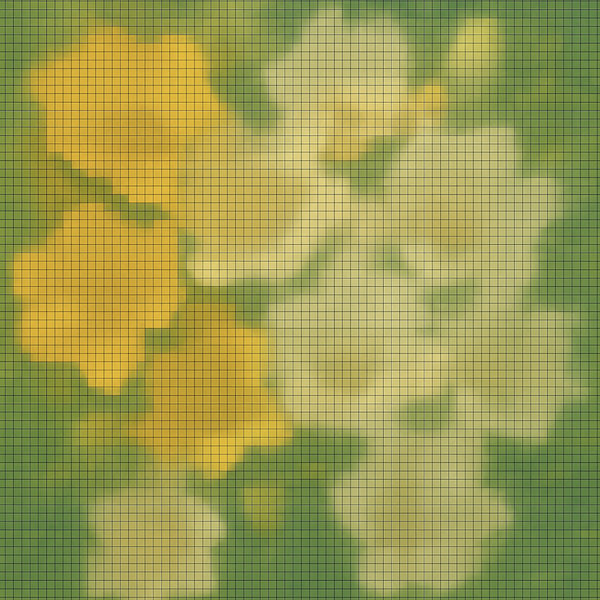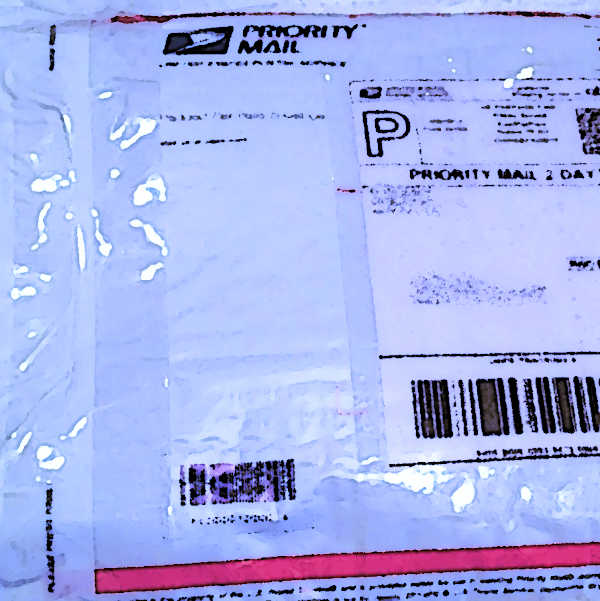My mother she taught me how to read
My mother she taught me how to read
If I don't read, ’n’ my soul be lost
Ain't nobody's fault but mine
– Unknown
Tom got to his feet, took a step towards Michel. Mallory reached inside his jacket, but stopped when Alice held up her hand.
Slater crouched down by Michel; put his hand on the younger man’s knee.

“Why, Mike? What is this all about?”
Michel, keeping his gaze on his own feet, said, “She was pregnant. With your child. That’s why I killed her. Even though she promised she never wanted to hurt you. It was a risk I couldn’t take.”
“I don’t understand, Mike.”
“She was a distraction, Tom! You were late in the lab in the mornings, you weren’t concentrating – it was better after she left, but she still had a hold on you. And a child… we would have lost you.” Michel looked up, his cheeks glistening in the fading light. “What would happen to the science? I couldn’t allow it.”
“How did you do it?” Alice asked.
“For God’s sake, woman!” Slater said. “Can’t you just leave it alone for two minutes?”
Alice shook her head.
“Dr de Kooij, we can give you immunity from prosecution. From a certain point of view, you were on Government business and… collateral damage happens. But, you need to help us to help you.”
“It’s OK, Tom,” Michel said. “It’s only fair. I tell them, and we go back to the lab, and we do good science together again. Maybe we can even build a bridge with Bradley – he has good ideas.”
Slater looked up sharply at Michel, and then sat down.
“All right. Fine. Tell me. Tell her. Tell all of us.”
Michel drew an invisible line with his finger along the arm of the chair.
“After I hacked your computer I began to think about implanting snake venom into a vector. All the chikungunya work suddenly made sense, of course. Splicing the venom sequence – I thought an alpha neurotoxin would work best – into the genome would have been the work of a couple of weeks. But the challenge was ensuring that the virus itself would have been sufficiently virulent, but not deadly in itself. And we wouldn’t want it to start expressing neurotoxin until we were ready.” Michel smiled. “That would be very bad.”
Slater nodded, thoughtfully.
“And naturally, the infectivity part of the project fitted in with everything else we were working on. Legitimately.”
“I liked the idea of chikungunya as a vector because it’s not dangerous,” Michel continued. “Not very, anyway. Nobody would suspect it, and unless they took the trouble to sequence an isolate they wouldn’t realize it had been tweaked. All very James Bond. But then the neurotoxin would have given it away. People would know it was a biological agent. Also you wouldn’t sign my orders for reagents, so I didn’t have a template. But then I had a better idea. I could easily get immune components by PCR. Human sequences.” Michel smiled faintly. “I used my own blood for the template.”
“Oh, very clever, Mike. I knew there was a reason I hired you.”
“Yes,” Michel said, “it wasn’t obvious but worked very nicely. Interleukin 4 and a transcription factor or two. It looks like allergic anaphylaxis, or even Reye’s syndrome in the right individual.”
“Wait, stop,” Alice interrupted. “You’ve lost me. How does it work?”
“It’s quite simply, really,” Slater said, sounding more excited than at any other time that afternoon. “What Mike did was use key components of the body’s own immune system – controlling components – to provoke an ongoing immune response in the absence of an authentic immune challenge.”
“So a bit like an autoimmune disease? Arthritis or something?”
Michel nodded.
“Exactly like that. Except much worse. A positive feedback loop that just gets worse and worse until the body destroys itself.”
“I see,” Alice said. “How did you get it into the test subject?”
“I put the expression cassette behind a heat-inducible promoter. I loaded a sample of the recombinant virus into a sprayer. I knew she liked vintage stuff, so I found a pretty Victorian-replica glass atomizer at a car boot sale. And I gave that to her with some flowers – Freesias. Yellow and white. Charlotte filled the sprayer with water and sprayed the flowers, transferring the virus. Then she must have sniffed the flowers. The warmth of her body activated the virus.” Michel shrugged. “It was not that difficult.”
“Oh come on, Mike!” Slater sounded almost excited. “You must have worked like a demon. I know you have late hours, but that’s one hell of a project. And everything else was progressing too – as far as I could tell, at least.”
“I don’t have much of a social life, Tom. It was for me an interesting exercise. At least, until Charlotte… I was not happy with that, Tom.”
Alice walked over to Michel and put her hand on his shoulder. He tensed, a slight tremor in his arm, but she didn’t seem to notice.
“Well done, Dr de Kooij! Excellent work. Heat inducible, you say?”
“It seemed sensible. It was March, cold outside, and such a device should only go off when it comes into contact with a living body, no?”
“Precisely. I think you have great potential.” She lifted her hand and Michel sagged. “Anything else we should know? When can we get a sample?”
“I built in an off-switch. It is crude, but if the virus gets too warm, more than about 45ºC, it will inactivate. Permanently.”
“And the sample? Did you bring some with you?”
Michel opened his eyes wide.
“No! Of course not. I will need to grow some up from the freezer, and get the files together.” He paused, as if in thought. “Come to the lab at eight on Tuesday night and I will have something your scientists can use.”
Mallory/Peter stepped away from the window.
“That will do nicely. Come on, ‘Alice’. Let’s get out of here. I need a fag.”
**********
When the white Ford had crept gently away through the gloomy Cherry Hinton streets, Slater closed the curtains and turned the room lights on.
Then, matter-of-factly, not accusing: “You… spent a long time on my computer, Mike.”
“It wasn’t all at once. I put it together over several nights. And you never changed your password.”
“Well, that’s a lesson for me, then.”
Mary appeared from the kitchen, slid her hand into Slater’s.
“Tom. I’m so sorry. This has been awful, hasn’t it.” She sniffed.
Slater turned, took her fully in his arms, stroked her hair until she stopped shaking. Eventually, Michel said,
“There was one other thing. I did a quick SNP analysis. If Charlotte was going to have your child, I had to know… for sure.”
“How?” Slater asked.
“Coffee cup. Human primers. I had the reagents. But no, it only took a couple of gels to be sure. I couldn’t have murdered my own brother. Or sister.”
Slater nodded.
“I didn’t really – well, I guess it’s for the best. No more loose ends.”
‘Just one,” Michel said. “There is work to do if I am to be ready on Tuesday.” He nodded politely towards Mary. “Thank you for the tea. And sorry for the shock I gave you.”
“Which one?” Mary whispered, but Michel was already opening the front door.
“Wait!”
Michel turned.
“I know you wanted to get rid of them,” Slater said, “but are you really going to give them a weaponized virus?”
“In a manner of speaking,” Michel said, as the door closed behind him.



